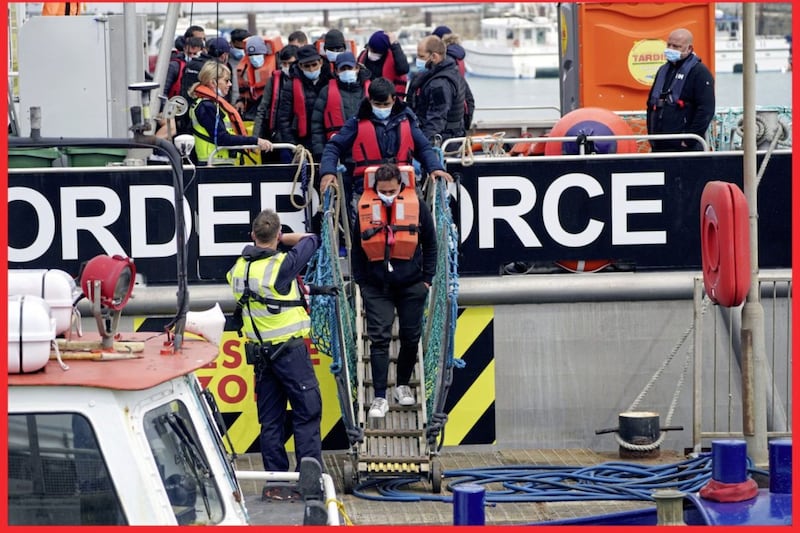ALLEGATIONS of sleaze are again making headline news.
Northern Ireland has seen what many would regard as well documented evidence of it in recent times, and in London there are moves afoot to change the regulations on what jobs MPs can have alongside their 'day' job as parliamentarians.
Such change will no doubt help, but it fails to get to the heart of the problem of sleaze which is described in the Cambridge dictionary as "activities, especially business or political, of a low moral standard".
So yet again, there is a very necessary and very public debate about personal and public moral standards.
At the start of this month, a major report on upholding standards in public life was published with no fewer than 34 recommendations to strengthen the ethical standards of public life.
The current standards, known as the Nolan principles, go back to 1995 following the scandal of MPs asking questions in Parliament in return for payments from outside bodies and individuals.
The standards are listed as selflessness, integrity, objectivity, accountability, openness, honesty and leadership. They provide a compulsory framework for almost everyone who holds any public office, and that includes all our MPs, MLAs, members of our local councils and many public and civil servants.
I find it fascinating and instructive that the Nolan principles describe high personal and moral qualities, rather than setting out a series of dos and don'ts or a detailed list of regulations.
It is clear that these principles seek high standards of moral character from those in public service, so that rules can be kept to a minimum.
The need for constant updating of such principles may be all too obvious. Yet the core problem remains that since sleaze is one expression of poor moral character, regulation is needed to restrain wrongdoing.
It is however equally obvious that morality and high standards of behaviour cannot be imposed through regulation, codes of conduct or even simply by keeping within the letter of the law.
This of course raises the tricky question of where a moral compass is to be found, or what values are to be properly expected not only from those in public life, but also from ordinary citizens like myself.
As a committed Christian, I do subscribe to the phrase in one of the letters written by the Apostle Paul that "There's nobody living right, not even one". And the Bible is clear on how easy it is for everyone to do what is right in their own eyes, irrespective of the cost to or effect on others. Happily, the Bible is equally clear on what standards can be expected from everyone, when God is welcomed into human life and invited to do his work.
The scandals and the sleaze show only too clearly that to be human is to be deeply flawed - and in serious need of rescue by God.
And if it is proper to expect high moral standards from politicians, then it is equally proper to expect high moral standards from everyone else too, whatever their job or profession (and that of course includes clergy).
Hypocrisy says, 'Do as I say, not as I do'. It is simply not ethical to base my own conduct on what everyone else does, or what I can get away with, or what is culturally acceptable, or what the minimum legal standards are.
I suggest that when there is rising moral character in the individual, then there will be rising moral fibre in wider society. And sleaze will become an increasing rarity rather than an increasing norm.
But in the absence of any serious discussion and debate on public moral values, sleaze and scandal will continue to be headline news.
::Rev Dr Norman Hamilton is a former Presbyterian Moderator.








